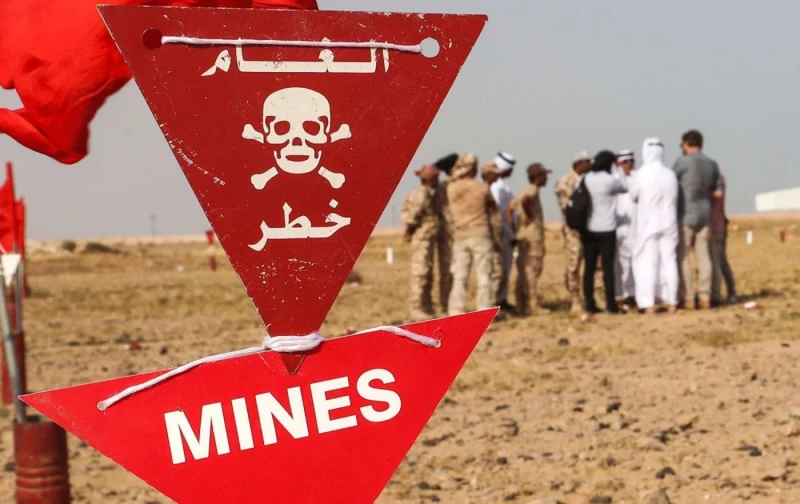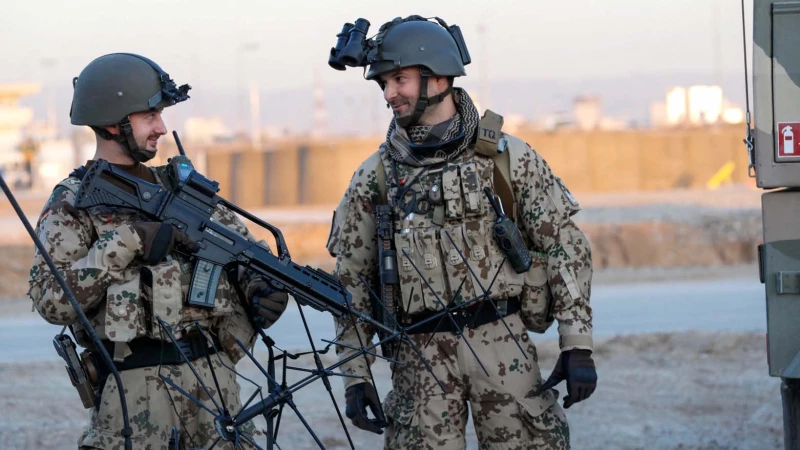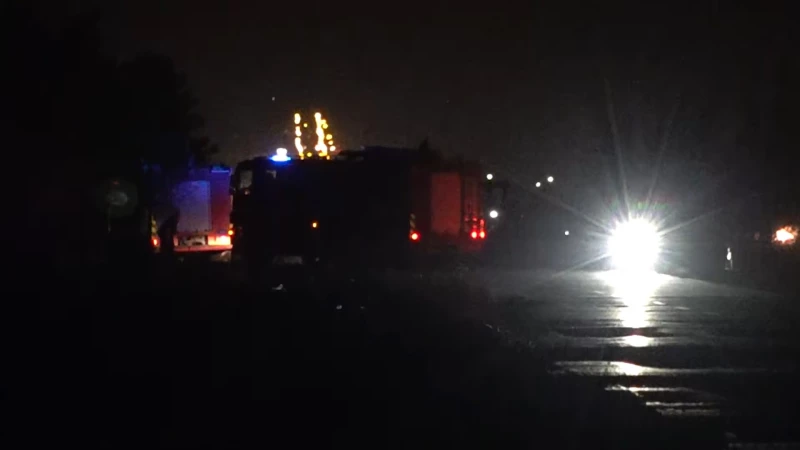ERBIL, Kurdistan Region of Iraq – A United Arab Emirates (UAE) delegation visited the Kurdistan Region on Tuesday, with the aim of exchanging experiences and expertise to provide a more citizen-centered, digitalized, and versatile approach to government services.
The UAE delegation consists of several government officials and notables, including Assistant Minister of Cabinet Affairs for Competitiveness and Experience Exchange Abdulla Nasser Lootah, Chief of Government Services Mohamed Bin Taliah, and Mohammed Saeed Sultan Alnuaimi, Undersecretary at the Ministry of Climate Change and Environment.
The partnership, at Areen Masrour Barzani's initiative, involves two major projects: a centralized Performance Management System (PMS) for the Kurdistan Regional Government (KRG) and the Kurdistan Coders Program, with the former reimagining the government’s ability to monitor its departments, and the latter aiming to upskill the Kurdistan Region’s youth across all provinces, helping them hone their digital and coding skills.
The PMS system will introduce a central dashboard to the government, through which it will be able to monitor performance across its ministries, departments, and agencies in “near-real time,” according to a press release of the program. “The Prime Minister (or designated oversight office) will use the system to monitor progress, identify lagging areas, and trigger corrective action.”
The visit comes amid a major push by the KRG to digitalize its public services, through projects like MyAccount, which aims to bolster the Kurdistan Region’s banking sector, by incentivizing civil servants to receive their salaries through banks.
The government also launched KRDPass in recent months, a state-of-the-art initiative that would see the digitalization of government-issued documents, registrations, and public record services through a mobile application, reducing the burden of paperwork loads on government offices.
Representatives from both governments came together in a forum in Erbil on Tuesday, with panels featuring officials with hands-on contributions to the government’s recent initiatives, including officials from the KRG’s Department of Information Technology (DIT), who developed the MyAccount and KRDPass, sharing their visions for the future of the Kurdistan Region and its implications on the citizens.
"This exchange with the UAE is vital because it gives us access to proven models of government digital-transformation, helping carry out better, faster, more citizen-centric government services," panelist and Head of DevOps at DIT Shkar Taib told The New Region.
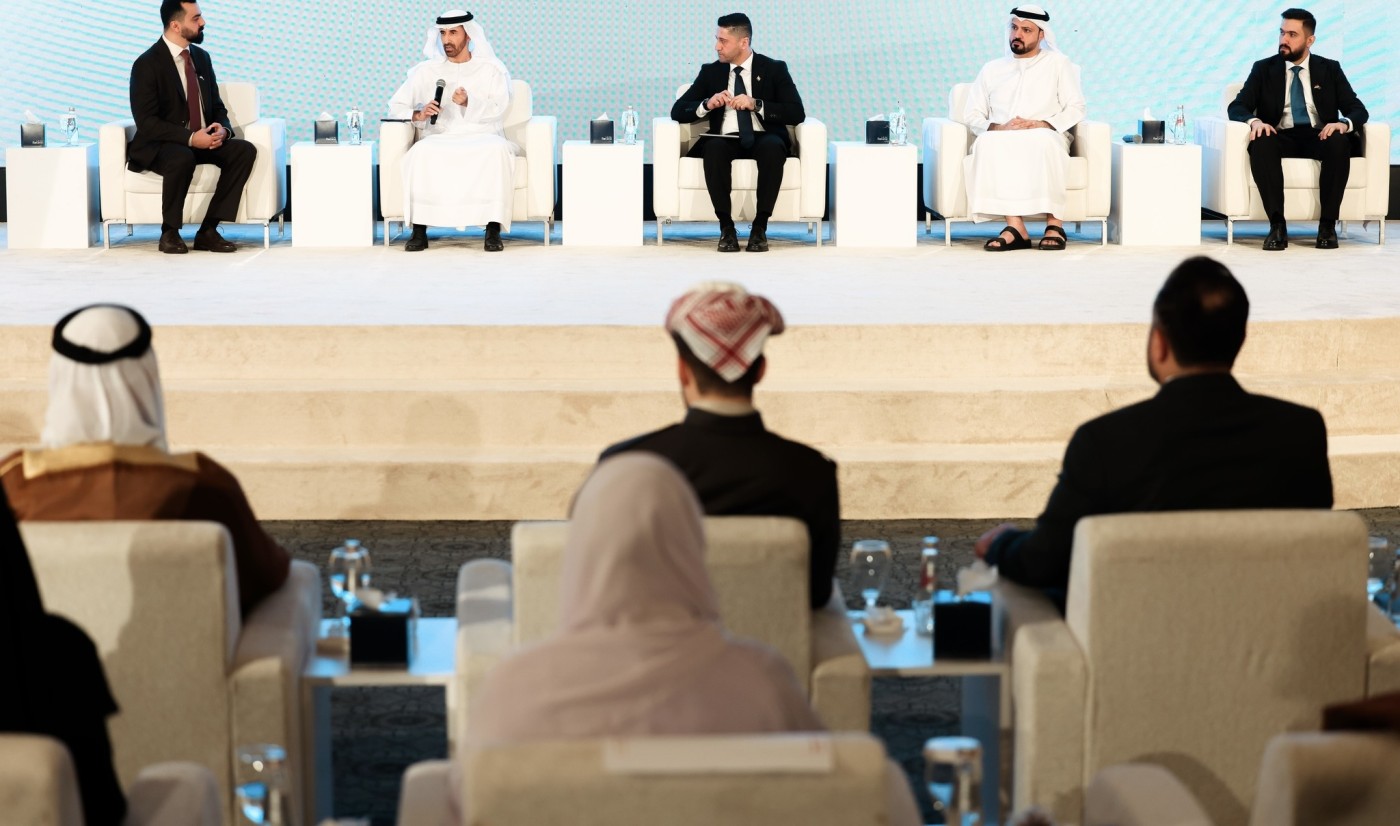
The Kurdistan Coders Program, meanwhile, aims to “offer structured coding courses (from basics to advanced), digital literacy, data analytics, app development, machine learning,” and “may include virtual classes, mentoring, challenges/competitions, certification, and pathways to future development.”
Under the KRG’s ninth cabinet, Abu Dhabi’s relations with Erbil have seen major improvements, the Emirati foreign ministry appointed Minister of State Saeed Mubarak Rashid al-Hajeri as the ministry’s Envoy for Special Affairs to the Kurdistan Region in September, who led a delegation of high-level Emirati officials including several ministers to Erbil, making Tuesday’s event the second key visit by UAE officials to the Kurdistan Region in just over two months.
Hajeri’s visit was preceded just days earlier in early September by a delegation from the KRG’s Board of Investment to the UAE to attend a conference promoting investment in the Kurdistan Region, with Emirati investment in the Region reportedly valued at over $3.3 billion.
The forum also saw discussions of water resources management and tackling climate change, with UAE Environment Ministry Undersecretary Alnuaimi, and Vian Rahman, head of the Climate Change Unit at the KRG Prime Minister’s Office, taking the panel.
Rahman highlighted the Kurdistan Region’s recent strides toward resolving water scarcity issues under Kurdistan Region Prime Minister Masrour Barzani, such as the building of eight dams and 23 ponds and reservoirs, with plans for 58 more reservoirs. The KRG has attempted to tackle drought and water scarcity through multi-million-dollar projects redirecting bodies of water to its highly-populated cities, such as the major Erbil water project.
Alnuaimi, for his part, touched on the challenges in climate change faced by his country and highlighted the government’s Measurement, Reporting, and Verification (MRV) program launched in 2024, which aims to accurately track carbon emissions into the environment. Alnuaimi said that the program guides their approach to the issue.
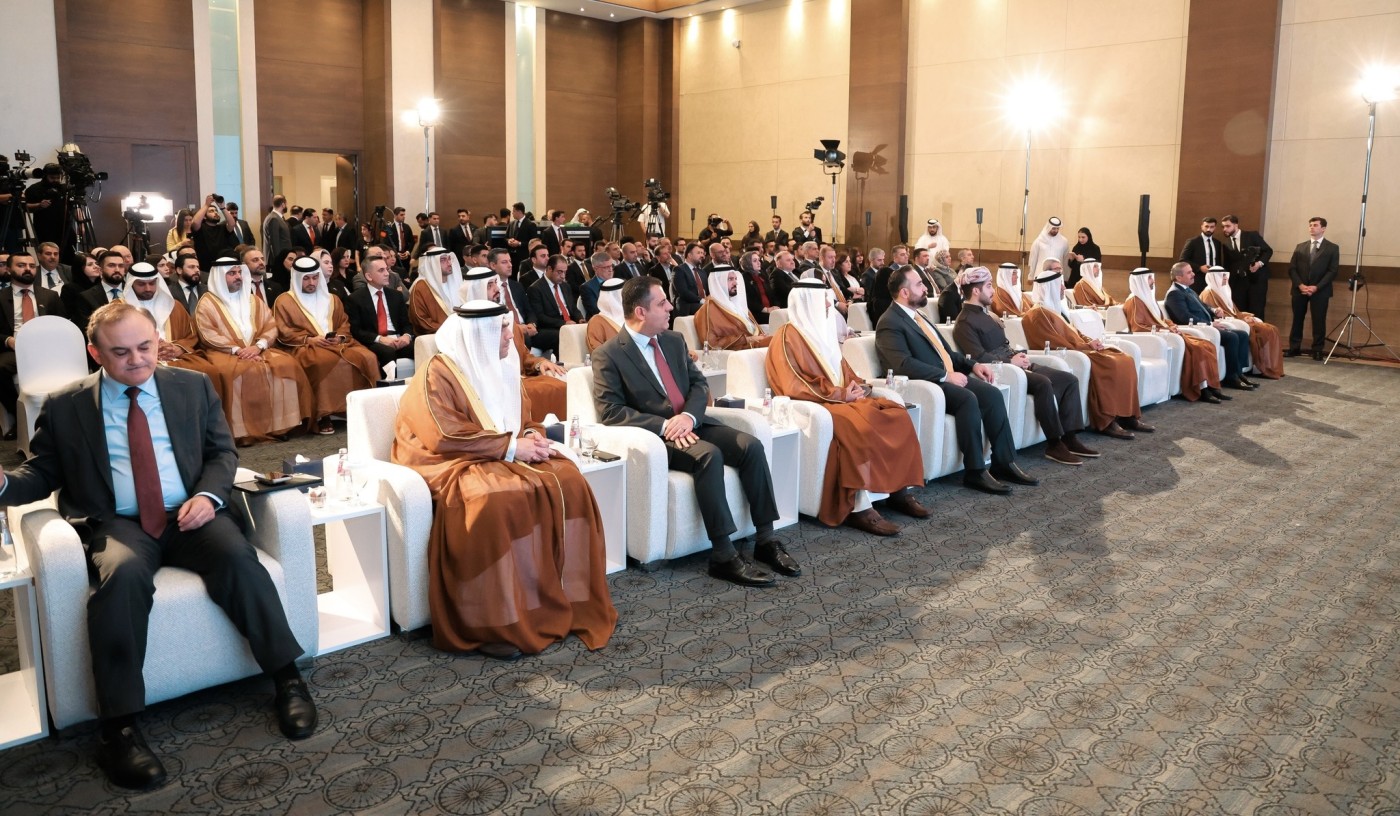
In an interview with The New Region at the event, Dr. Salem Al Darmaki, a delegation member representing the UAE’s healthcare sector, said that they “coordinate and cooperate with our colleagues in Kurdistan,” adding that there is a lot of room for further cooperation between the Kurdistan Region and the UAE.
Darmaki noted that “one of the important things” that has elevated the UAE’s position in the healthcare space is the “partnership” between the country’s public and private sectors. He hailed the Kurdistan Region for having “really good healthcare,” while asserting the need for further cooperation between Erbil and Abu Dhabi in the healthcare space.
Updated at 19:09 with comment from panelist and Head of DevOps at DIT Shkar Taib


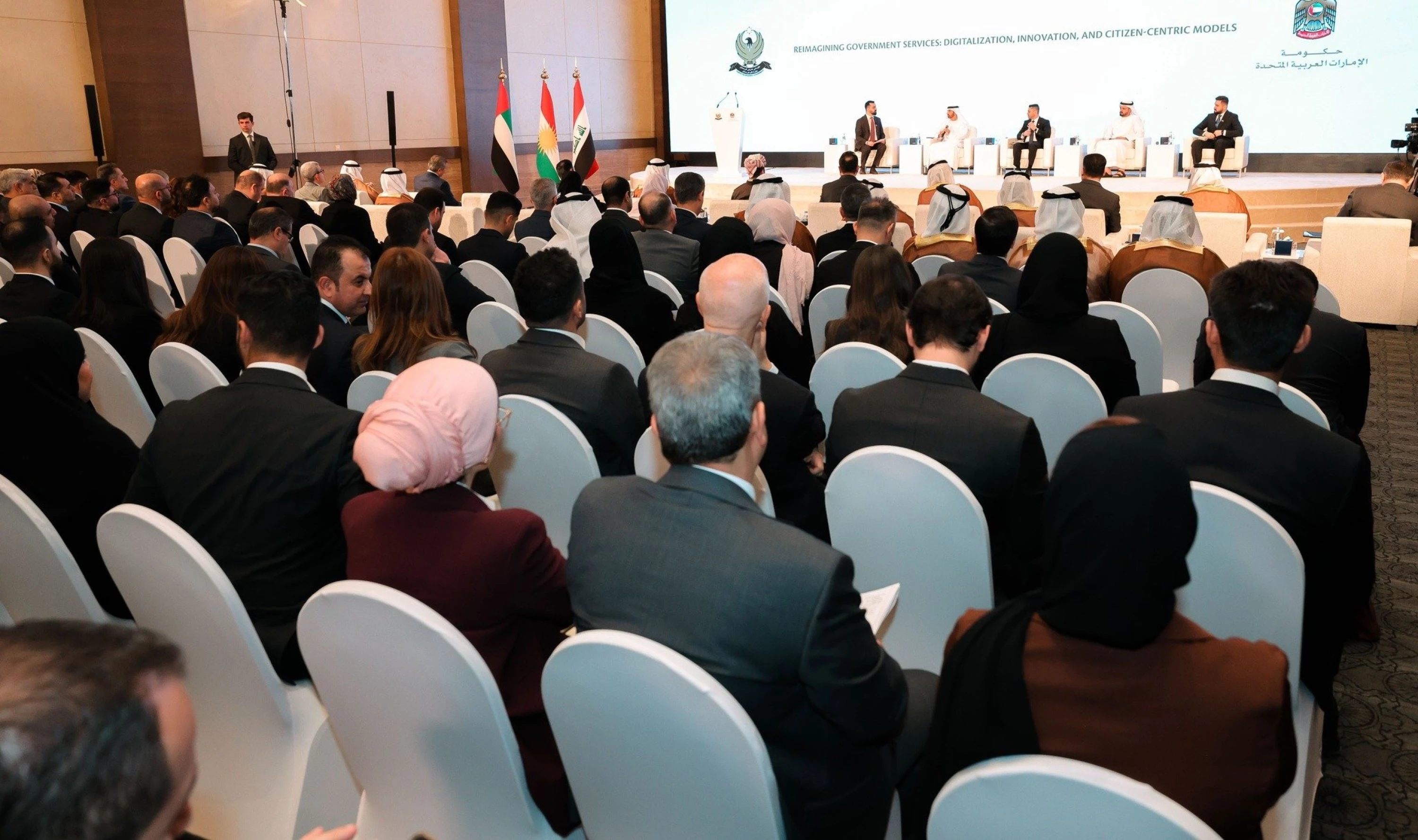
 Facebook
Facebook
 LinkedIn
LinkedIn
 Telegram
Telegram
 X
X
